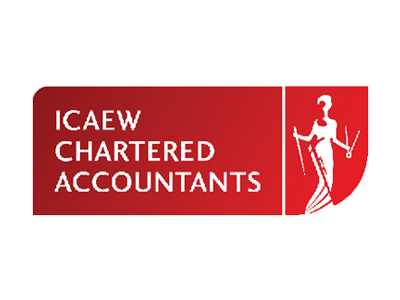Scams targeting individuals and businesses are increasing with over 570,000 reported to HMRC in the last year alone.
Scammers employ various methods, including phone calls, emails, text messages and fake websites. Additionally, we are seeing an increased number of convincing letters purportedly from HMRC may be sent, urging the settlement of alleged tax liabilities, as well as fraudulent online trading platforms.
Here are some proactive steps to safeguard yourself:
- Consult Your Accountant: If you ever receive communication from HMRC regarding tax payments, missed deadlines, or anything causing uncertainty, reach out to your accountant immediately. They can verify the legitimacy of the request and provide guidance on the appropriate course of action.
- If you need to contact, for instance, your bank or HMRC in response to a direct communication pertaining to be from them you should always verify those contact details provided. For example, you can obtain the correct number from HMRC or your bank website.
- When making payments to HMRC, follow the official payment methods listed on their website.
- If it looks to good to be true, it probably is. Be aware of online trading platforms and the like, even if advertised through seemingly legitimate websites such as the large social media providers. They will often offer excellent returns and allow you to make small ‘test’ withdrawals. However, once large sums of capital have been invested in their platform you may have it stolen from you.
- If something appears too good to be true, exercise caution. This is especially true when dealing with online trading platforms even advertised on reputable websites, including major social media platforms. While these trading platforms may look professional and allow you to make small 'test' withdrawals, once a significant amount of capital has been invested you may not be able to get it back. This is especially true of any platform offering AI trading algorithms etc.
- Businesses are often targets via fraudulent invoices. Invoices will be sent to thousands of businesses in the hope that a small minority will be paid in error. Does your business have the right controls and reviews in place to ensure the individuals or team responsible to responding to and paying your suppliers would recognise a fraudulent invoice? We can help.
- Carefully look at websites addresses for inconsistencies or anything unusual. There are instances of ‘official’ websites being cloned by fraudulent individuals. The website address they use for the ‘fake’ website will normally look very similar to the official one.
